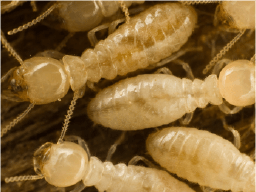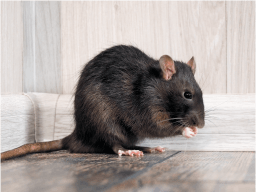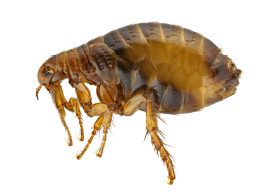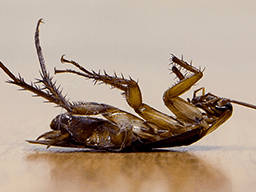Interesting Termite Facts
When you think of termites, you probably think of destructive pests that can cause a lot of damage. While you are certainly right about their amazing ability to eat and destroy wood, there is a lot more to these pernicious pests than you might know.
Schedule Today!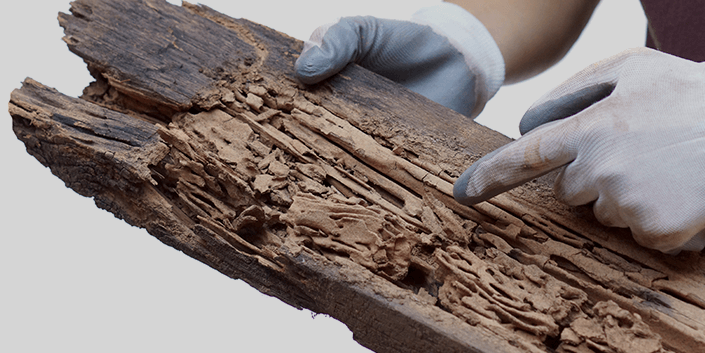
Things You Probably Didn’t Know About Termites
In the grand scheme of things, the tiny termite has a very large task that helps the earth in exceptional ways. Termites play a critical role in the earth’s ecosystem through helping to create decomposition. Termites take cellulose from decomposing plant matter and return the nutrients to the soil. This is one of only a few interesting facts about termites that might make you think about these social insects in a whole new light.
There Are Lots And Lots Of Termites
There are so many termites in the world that, at any given time, the weight of all the termites in the world is more than the weight of all the humans in the world. There are currently more than 7.5 billion people in the world, but it is estimated that there might be 1,000 pounds of termites for every person in the world. That’s 7.5 trillion pounds of termites on earth. In fact, due to the absolute enormity of termites on the planet, scientists have been studying them as an alternative fuel source: bacteria in the termite digestive system breaks down cellulose from wood which, in turn, releases hydrogen. Scientists are looking at this process as a possible renewable energy source.
Termites Never Sleep
You may have heard that termites can cause a significant amount of damage to your home or property in as little as six months, but do you know why? Termites are typically only one-eighths to three-eighths of an inch in length and though there may be several thousand of them in a colony, the reason they can be so destructive so quickly is that they never sleep. Worker termites build their colonies 24 hours a day, every day, until they die.
Termites Are All About The Vibes
Most termites are blind so communication is done through other means. Termites use chemical, mechanical and pheromonal cues to send messages to one another. The most common way that termites communicate with one another is through antennation, meaning that termites touch antennae to convey information to each other, but they can also send information through vibrations. Termites will bang their heads against wood or shake their bodies to signal danger to other termite colony members.
Termites Know Who’s In And Who’s Out
Termites can “smell” who is from their colony and who is an outsider. Termites can tell the difference between termites that come from their nest and termites who come from a different colony. Each colony has its own distinct odor which is a result of genetic and environmental factors like what they eat and the bacteria that live in their intestines. So termites can smell an interloper in their midst.
Termites Bury Their Dead
There are soldier termites for a reason! When two or more colonies are in competition with one another the result is always some form of threats or fighting. These fights can cause mortality on both sides. Entomologists have found “cemetery pits” at sites where colony fights have occurred where the bodies of dead termites are buried. If termites from competing colonies come into contact with one another, instead of fighting, workers can just block each other’s passages effectively burying non-colonymates in exploratory tunnels.
Termites Can Do A Lot Of Damage
Even though termites are a necessary part of our ecosystem, might provide an alternative fuel source, and have intricate social systems, when it comes to termites and your home, they can still do a lot of damage. It is estimated that termites do approximately $30 billion in damage to crops and man-made structures every year in the United States, with an average of $3,000 of damage to each individual homeowner.
Don’t let your home be a yearly damage statistic. Save yourself from thousands in damage and call Pest Control Experts today to schedule your home pest inspection as soon as possible!
Call 855-891-5410




